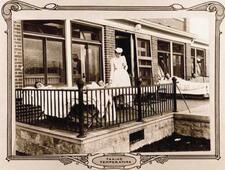Philanthropy and Volunteerism: Social Work
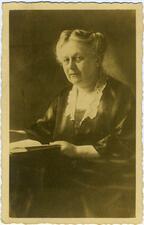
Henriette May
Henriette May was committed to the upbringing of children and care for needy adults. She was active as a board member and editor for Jewish newspaper Jüdischer Frauenbund starting in 1907, established a home for Jewish women teachers in Berlin, and was a prominent member of numerous welfare institutions.
Irma May
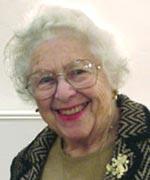
Florence Zacks Melton
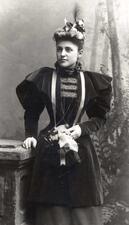
Alice Davis Menken
Alice Davis Menken was an influential social reformer whose many published works had a notable impact on the field of penology. She became interested in delinquency among young female Jewish immigrants while working at a settlement house on the Lower East Side. Menken proceeded to pioneer the argument that therapy, not punishment, is the most effective treatment for young delinquents.
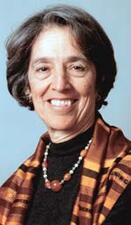
Ruth Messinger
Following successive careers as a New York City politician president and director of a major Jewish organization, Ruth Messinger has become nothing less than an icon of American Jewish progressive leadership. She became Manhattan borough president in 1990. After losing the 1997 mayor’s election to Rudolph Giuliani, she became the president and CEO of the American Jewish World Service, a position she held from 1998 to 2017.
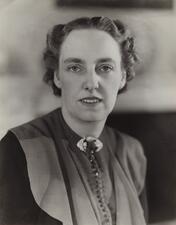
Eva Violet Mond Isaacs, Second Marchioness of Reading
Lady Eva Violet Mond Isaacs, Marchioness of Reading, was born into one remarkable family and married into another. She occupied a unique place in Anglo-Jewry; as Vice President of the World Jewish Congress and President of its British section she was an eloquent and vocal supporter of the Zionist cause and the young state of Israel.
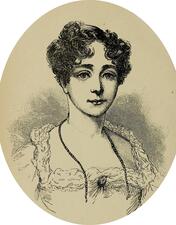
Judith Montefiore
Often referred to as the “First Lady of Anglo Jewry,” Judith Montefiore embodied all the Victorian virtues of high moral purpose, sense of duty, charity, and public-mindedness and was also a fierce loyalist to her faith and her people, devoted to Jewish causes and the welfare of Jews the world over.
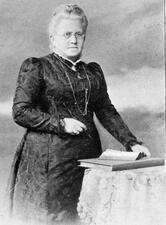
Lina Morgenstern
In the face of formidable anti-Semitic opposition, Lina Morgenstern was a highly successful feminist author, educator, and peace activist who was supported by many, including the Prussian Empress Augusta. In 1896 she organized the first International Congress of Women in Germany, which was attended by feminist leaders from all over the world.
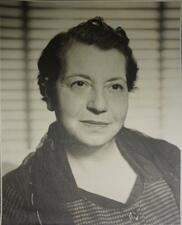
Moroccan Jewish Women and Politics
Jewish women have been involved in Moroccan politics since at least the nineteenth century. From a Jewish martyr of the early nineteenth century, to a twenty-first century Jewish woman running for parliament, Morocco has been home to remarkable Jewish women participating in political life.

Anitta Müller-Cohen
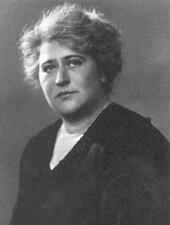
National Council of Jewish Women
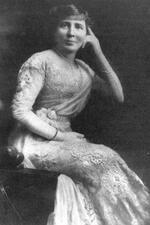
National Federation of Temple Sisterhoods
Founded in 1913 as the National Federation of Temple Sisterhoods and officially renamed Women of Reform Judaism (WRJ) in 1993, the WRJ has for more than a century galvanized hundreds of thousands of Jewish women to support and advance Reform Judaism, the Jewish people, and Jewish values in their home communities, around the country, and around the world.
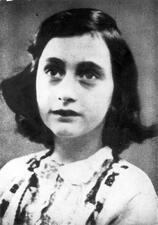
Modern Netherlands
Like Jewish women everywhere, Dutch Jewish women struggled with issues of assimilation, emancipation, and equality as both Jews and women. This article summarizes the conditions and challenges facing Jewish women in the Netherlands and the paths to progress and change they sought—education, work, activism, and literature, among others—from the nineteenth century to the present, including after the particular decimation of Dutch Jewry during the Holocaust.
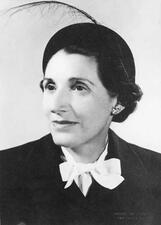
Estelle Newman
Blanche Cohen Nirenstein
Descending from a family active in Jewish communal life, Blanche Cohen Nirenstein further developed her leadership abilities in a wide range of social science activities. Nirenstein found a myriad of ways to help Jewish widows and needy children, from founding a kosher summer camp to supporting Holocaust survivors.
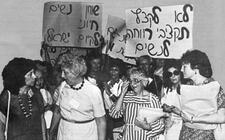
Non Governmental Organizations (NGOs) in Israel, 1948-2000
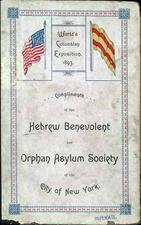
Orphanages in the United States
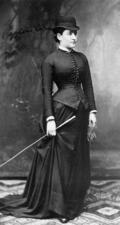
Bertha Pappenheim
Bertha Pappenheim was the founder of the Jewish feminist movement in Germany. In 1904, she founded the League of Jewish Women. Pappenheim believed that male-led Jewish social service societies underestimated the value of women’s work and insisted on a woman’s movement that was equal to and entirely independent of men’s organizations.

Erna Patak
Erna (Ernestine) Patak was a social worker and one of the Zionist veterans in Vienna in the early twentieth century, serving as the first president of WIZO Austria in the early 1920s. After surviving Theresienstadt, she returned to Vienna and later moved to London and finally to Tel Aviv.
Jessica Blanche Peixotto
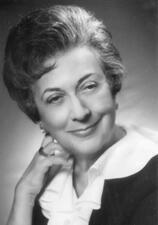
Helen Harris Perlman
With almost seventy years as a social work practitioner, supervisor, teacher, consultant, and author to her credit, Helen Harris Perlman was a legend in her field. She pioneered the “Chicago School” of social work, arguing that many people in crisis needed short-term therapy and solutions rather than long-term Freudian analysis.
Alice S. Petluck
Alice S. Petluck was one of the first women in the United States to attend law school and to practice in New York. She was a prominent social reformer in the early twentieth century who, through her example, was able to open the door for generations of future female lawyers.
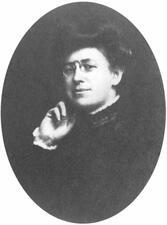
Philanthropy in the United States
In the United States, Jewish women’s philanthropy generally occurred through three main types of organizations: autonomous women’s organizations, women’s organizations that included some men, and women’s auxiliaries of male-dominated groups. In recent decades, changes in Jewish philanthropy and in gender roles have influenced contemporary styles of Jewish women’s philanthropy.
Rebecca Machado Phillips
